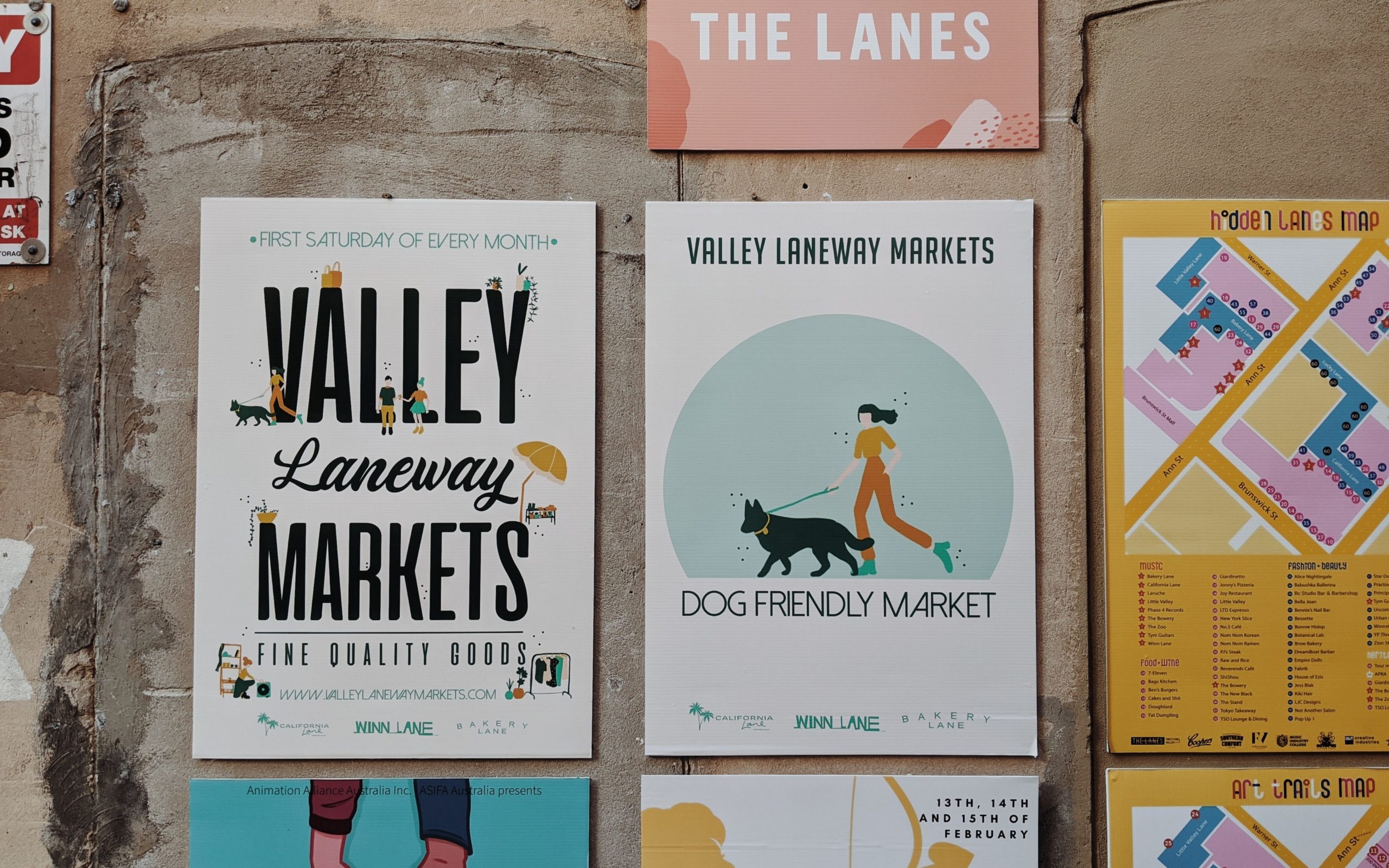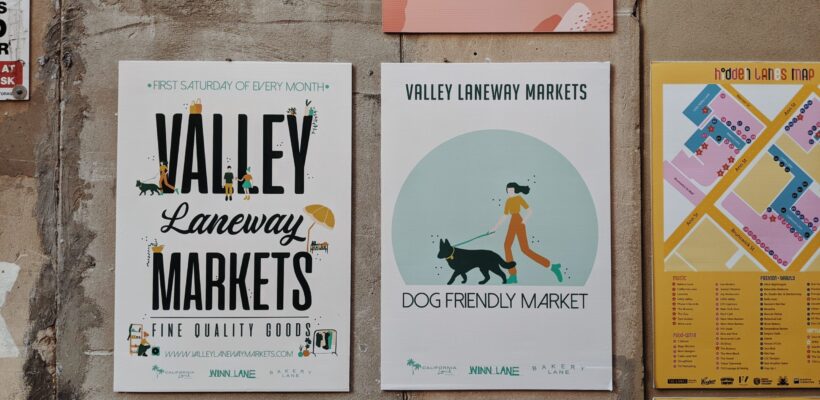Apart from being good, there is a single requirement for a successful advertising campaign: it must connect with its audience. There are a number of ways to achieve this: hitting home with your message, being creative and attention-grabbing, etc. But one of your strategy’s main goals must be to use language with which readers identify. Whatever country they come from.
Why is it so important to translate campaigns?
International marketing in the age of the internet can give your business a real boost. An eCommerce can place ads and market its products easily in any country in the world. For the first time, international advertising is within the grasp of any SME or entrepreneur. The benefits are obvious.
- You attract a greater volume of traffic.
- You have the possibility of increasing sales
- You give added prestige to your brand.
- You open up the possibilities of new markets for the future.
- You are able to achieve high impact with low investment.
And the list could go on and on… However, the existence of a wide range of benefits doesn’t mean that we’re necessarily going to achieve all these objectives. First, we have to design an effective campaign that is right for the audience. And achieving this is generally dependent on getting its design and delivery right.
In this context, language is one of the key tools you can use to tailor your messages to your target market. If you do this successfully, your audience will feel you are appealing to them, you’ll gain their trust and they will end up buying what you are offering.
When we’re working in our own country, it’s easy to find the right words to express the idea we want to get across. But what happens if we launch the campaign globally? Is it enough to put those phrases into an automatic translation tool? Or do we need to take more care in putting it together?

How to design an international campaign
To give you an idea, here are some of the factors that can determine the success or failure of a campaign.
- Watch out for idioms. Maybe in English the meaning of an expression is crystal clear and there’s no room for misunderstanding. But is there a clear translation for this expression in the language you’re translating to? To know for sure, you’ll need a translation crafted by a professional with native-level proficiency.
- Seek the meaning in the target country. Advertising is culture, as it always rests upon a framework of social references shared by a particular community. In the West, there are values that may not necessarily be shared in the East. Or maybe we see advantages where others see only pointless modernization. This is really important. Translating a campaign well is not only about finding the right words. It’s also about achieving the same impact that it has in its country of origin. And that only happens when you know the culture and the society you’re reaching out to.
- Hit the target with slang or your tone. Words always have a tone. There are campaigns that are fresh and friendly and others that are more serious and traditional. In the same way that English can be expressed either in a formal or more conversational way, in other countries there are expressions or words that can create the particular tone that you want to give to your campaign.
- Don’t accidentally unleash a double entendre. You shouldn’t be focusing just on translating each phrase in your campaign. You also need to understand them as a whole and know how to gauge if you can use a double meaning in the target language.
Who should do the translation?
We’ve seen some of the complications that can arise if you create an ad in one country and export it overseas, but this doesn’t have to stop you. If anything, the idea that professional translators should be used to do the job is becoming increasingly reinforced.
The reasons for this are outlined above. With a reliable company, you can choose translators with a native level in both languages who understand what tone and what ideas should be conveyed in the advertisement. That way, the form and the contents are fully replicated when it is translated from one language to another.
The key to a successful campaign is that the message connects with its audience. That is, that it doesn’t seem out of context, that it appears to have been created and designed by somebody from their own community. And, when it comes to international campaigns, the way to ensure this is to use a good translation team. That’s why it makes such a worthwhile investment. The better the translation, the more effective your campaign will be.
The bottom line is, an advertising campaign can easily be internationalized. You just need a good translation team. At Blarlo, we can hep you reach all your target markets, enabling you to achieve your advertising goals. Why put it off any longer? Get in touch now and let’s get the ball rolling.






